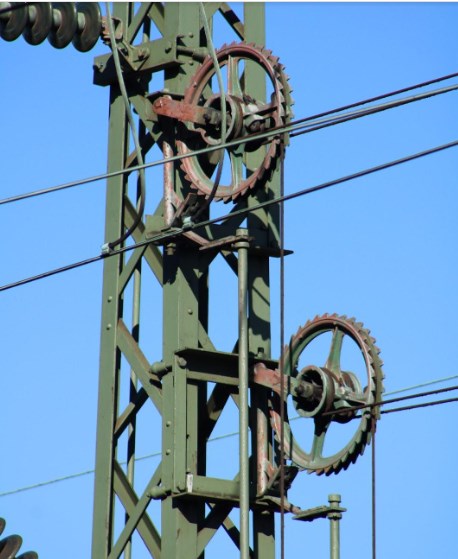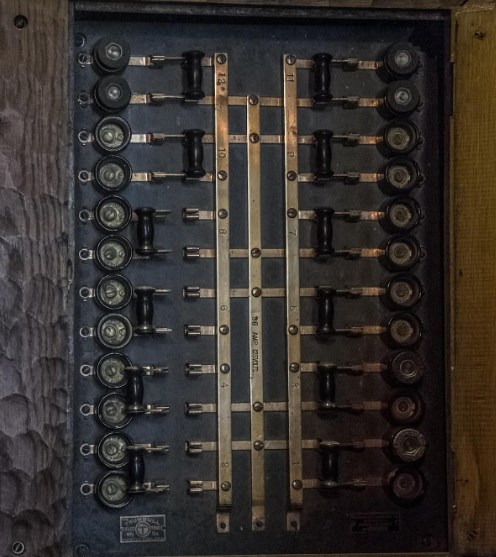Metal Boxes act as the powerhouse of electrical remodels and repairs as they serve as either junction points or endpoints or for electrical cables. Light switches, ceiling fans, ceiling lights, outlets, and transition wires are just items installed in electrical boxes.
These electrical boxes are available in different shapes, sizes, and attachment variations. However, all these variations of electronic boxes generally fall under two categories, i.e., metal boxes and plastic boxes. In most cases, plastic boxes or metal boxes depend on personal preference, ease, and economy.
Metal Electrical Boxes
The metal electrical boxes have been in use long before the plastic electrical boxes. The metal boxes are extremely robust and fireproof. There is no chance of melting because they provide the maximum level of security for all applications with electrical wiring.
It is almost impossible to crush or bend the metal electrical boxes, unlike the plastic boxes. The metal boxes also have the power to withstand adverse environmental conditions too because of their strong built quality. On the other hand, lightweight plastic boxes can get twisted when slightly stressed.

However, it might be challenging to work with metal boxes for those who like to “do it yourself.” The side and rear knock-outs of the metal boxes require extra clamps, which can become a challenge when working on them alone. Also, the edges of the metal box can take a toll on your hands. So it is advisable to be alert and take extra precautions when working with metal electrical boxes.
When to Use Metal Electrical Boxes
While there are no hard and fast rules to using metal boxes under any circumstances, it might be advisable to try them out in the following situations:
- The metal-sheathed BX cables are designed to ground the wires when used with a metal junction box.
- Ensure that the electric box is attached securely to a stand or stud. The metal electrical boxes are compatible with the hard and big screws making your stud extra secured.
- If you are setting up your electrical box in an exposed interior space, it is better to go with the metal box. You will have to attach the box to a wall when placing it in the interior, and using a metal box will provide you with better results. Also, setting it up in an interior location leaves a lot of wires exposed, and a metal box provides better protection.
- If you are looking for a durable and long-lasting electrical box, it is better to go with a metal box because they are generally more elastic yet strong.
When to Not Use Metal Electrical Boxes
Like there are some specific reasons to use metal electrical boxes in certain situations, there are some circumstances where you shouldn’t use a metal box for electronic and electrical wires. For example, a plastic container might be better than a metal box in the following situations:
- Suppose you are using a Romex wire which is a non-metallic sheathed wire. Plastic boxes are often used with Romex wires, although there are cases where metal boxes have also been used. You can also use plastic containers with metallic wires, but ensure that the cables are correctly grounded.
Read Also: 8 Aluminum Fence Ideas With Their Maintenance Guide
- If you are on a budget, go for the plastic box as they are more affordable than their metal counterpart. Plastic containers also require less added equipment like clamps and other items. However, remember that it is always better to spend some money for your safety guaranteed by the metal electrical boxes rather than saving it.
- If you want junction boxes that are easy to handle and work with, plastic boxes are a better option. The metal ones have sharp edges, which might cause injuries if you aren’t careful. But you can eliminate the risk of injuries by using finished metal sheets or wearing gloves.
Should You Replace Your Plastic Electrical Boxes with Metal Boxes?
Before plastic electrical boxes were introduced into the market, metal boxes were considered the standard for electrical boxes. While it entirely depends on personal preferences, there are some benefits of using metal boxes instead of plastic ones. Mentioned below are the pros and cons of metal boxes so that you can decide for yourself.

Pros of Metal Electrical Boxes
- Strong
- Doesn’t melt
- Groundable
- Durable and long-lasting
Cons of metal electrical boxes
- Heavier than a plastic box
- Sharp edges might cause injuries
- No built-in clamps
Conclusion
Now that you know all about metal electrical boxes and when you should be using them, you should be able to answer why you should be using metal boxes instead of plastic ones. Also, the pros of metal boxes outnumber their cons, so you won’t regret choosing a metal electrical box rather than a plastic one. You should choose a plastic electrical package if you don’t have enough budget to get one.








































